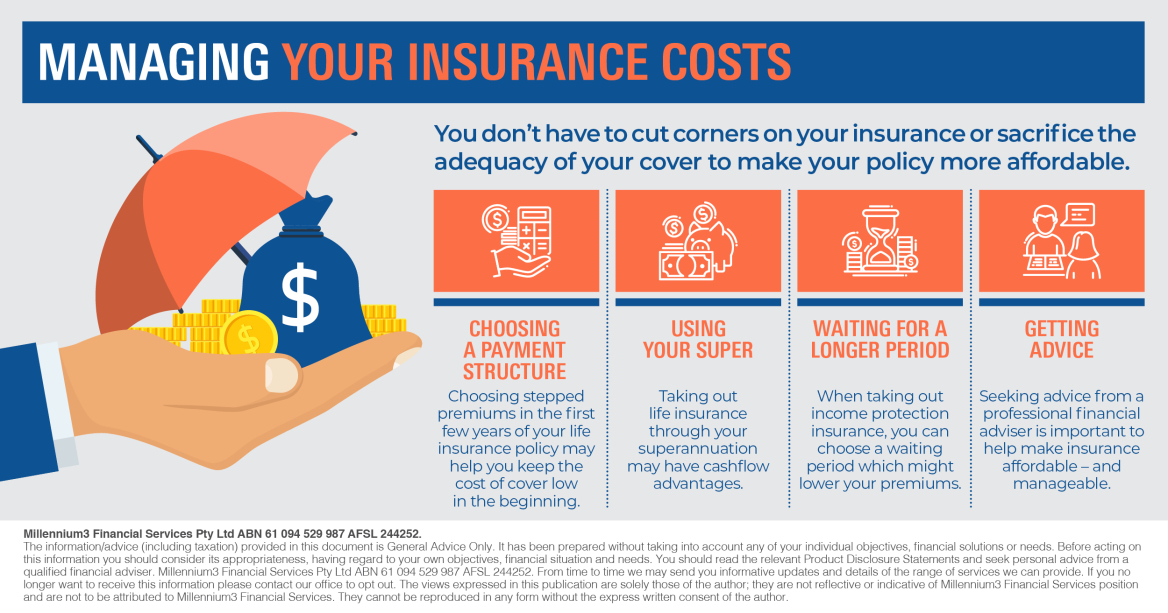How to Manage Health Insurance Costs Effectively-www.waukeshahealthinsurance.com
Table of Content
How to Manage Health Insurance Costs Effectively

Healthcare costs in the United States are notoriously high, leaving many individuals and families struggling to afford adequate health insurance. Navigating the complexities of health insurance plans and managing expenses can feel overwhelming, but with careful planning and proactive strategies, you can significantly reduce your healthcare burden. This article will explore various methods to effectively manage your health insurance costs, empowering you to make informed decisions and protect your financial well-being.
Understanding Your Health Insurance Plan:
Before diving into cost-saving strategies, it’s crucial to thoroughly understand your health insurance plan. Knowing the details of your coverage, including deductibles, co-pays, co-insurance, and out-of-pocket maximums, is paramount. These terms define your financial responsibility for healthcare services.
- Deductible: The amount you must pay out-of-pocket before your insurance coverage kicks in.
- Co-pay: A fixed amount you pay for a covered healthcare service, such as a doctor’s visit.
- Co-insurance: Your share of the costs of a covered healthcare service, calculated as a percentage after you’ve met your deductible.
- Out-of-pocket maximum: The most you will pay out-of-pocket for covered services in a plan year. Once this limit is reached, your insurance company covers 100% of the costs.
Understanding these terms allows you to accurately estimate your healthcare expenses and plan accordingly. If you’re unsure about any aspect of your plan, contact your insurance provider or consult a qualified insurance broker. For residents of Waukesha County, Wisconsin, consider exploring options through reputable local brokers like those found at www.waukeshahealthinsurance.com.

Strategies for Reducing Health Insurance Costs:
Several strategies can help you effectively manage your health insurance costs:
1. Choosing the Right Plan:
The type of health insurance plan you choose significantly impacts your costs. Several options exist, each with its own cost-benefit profile:
- HMO (Health Maintenance Organization): Typically the most affordable option, HMOs require you to choose a primary care physician (PCP) within their network. Referrals are usually needed to see specialists.
- PPO (Preferred Provider Organization): PPOs offer more flexibility, allowing you to see specialists without referrals and visit out-of-network providers, albeit at a higher cost.
- EPO (Exclusive Provider Organization): Similar to HMOs, EPOs require you to stay within the network, but they don’t require a PCP referral to see specialists.
- POS (Point of Service): POS plans combine elements of HMOs and PPOs, offering a balance between cost and flexibility.


Carefully compare plans based on your healthcare needs and budget. Use online comparison tools or consult with an insurance broker to find the best fit. www.waukeshahealthinsurance.com can provide valuable resources and guidance for navigating these choices.
2. Maximizing Your Employer-Sponsored Plan:
If your employer offers health insurance, take full advantage of it. Many employers offer various plan options, allowing you to choose the one that best suits your needs and budget. Understand the contribution your employer makes and explore options for flexible spending accounts (FSAs) or health savings accounts (HSAs).
3. Utilizing Flexible Spending Accounts (FSAs) and Health Savings Accounts (HSAs):
FSAs and HSAs are tax-advantaged accounts that allow you to set aside pre-tax dollars to pay for eligible medical expenses. FSAs are employer-sponsored and typically have a "use it or lose it" provision, while HSAs are individual accounts that you can carry over from year to year. HSAs are only available with high-deductible health plans (HDHPs). Carefully consider which account best suits your needs and financial situation.
4. Preventive Care:
Regular preventive care, such as annual checkups and screenings, can help detect potential health problems early, preventing more costly treatments down the line. Many insurance plans cover preventive care at no cost to you. Take advantage of these services to maintain your health and avoid unexpected expenses.
5. Negotiating Medical Bills:
Don’t hesitate to negotiate medical bills. Hospitals and healthcare providers are often willing to work with patients to create payment plans or reduce outstanding balances. Be proactive and contact your healthcare providers to discuss payment options.
6. Prescription Drug Management:
Prescription drugs can significantly impact your healthcare costs. Explore generic alternatives to brand-name medications, utilize mail-order pharmacies for cost savings, and consider patient assistance programs offered by pharmaceutical companies.
7. Maintaining a Healthy Lifestyle:
Maintaining a healthy lifestyle through proper diet, exercise, and stress management can significantly reduce your risk of developing chronic illnesses, thereby lowering your healthcare costs in the long run.
8. Shopping Around for Healthcare Services:
Prices for healthcare services can vary significantly. Before scheduling procedures or treatments, shop around and compare prices from different providers. Websites and apps can help you find in-network providers and compare costs.
9. Understanding Your Network:
Staying within your insurance network is crucial for minimizing out-of-pocket expenses. Familiarize yourself with your network’s providers and facilities to ensure you’re receiving in-network care. www.waukeshahealthinsurance.com can assist in finding in-network providers in the Waukesha area.
10. Reviewing Your Coverage Regularly:
Your healthcare needs and financial situation can change over time. Regularly review your health insurance coverage to ensure it still meets your needs and that you’re taking advantage of all available cost-saving options. Open enrollment periods provide an opportunity to make changes to your plan.
Conclusion:
Effectively managing health insurance costs requires a proactive and informed approach. By understanding your plan, utilizing available resources, and adopting healthy lifestyle choices, you can significantly reduce your healthcare expenses and protect your financial well-being. Remember to leverage resources like www.waukeshahealthinsurance.com for personalized guidance and support in navigating the complexities of health insurance in your area. Taking control of your healthcare costs empowers you to prioritize your health without compromising your financial stability.
